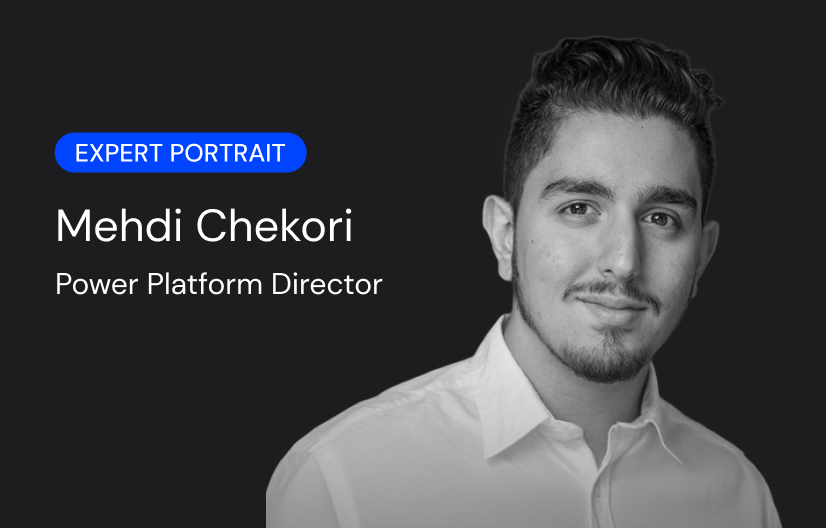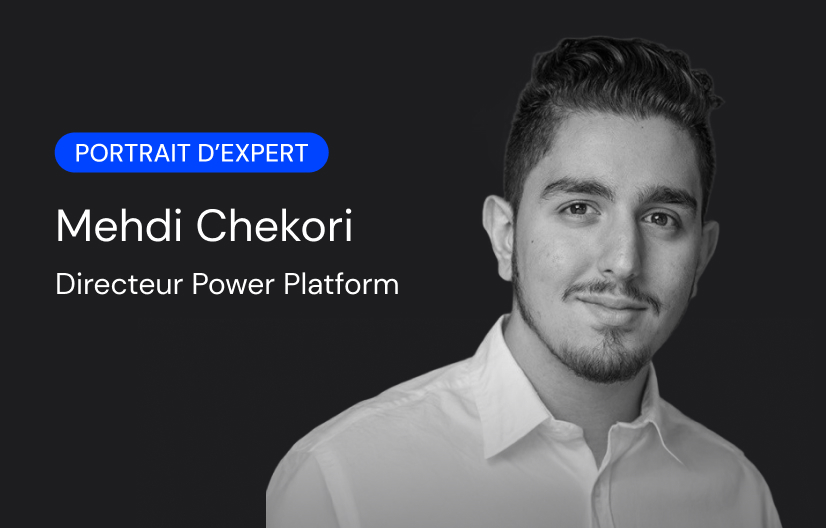
At the End of the Day, Who Cares!
Julie’s Journal, Senior HR Advisor
March 2021— That’s it, it’s OK, I’m giving up! After a whole year clinging to the ambition of being the perfect human resources advisor in a pandemic, trying to cling to my HR tools and processes, I give up. It’s been a year of unprecedented upheaval in which my role has literally morphed. To be honest, I’m not sure if I should still be called Julie Teboul— Human Resources Advisor or Julie Teboul— Nurse-psychologist-psychotherapist-coach and mediator.
Facing the Pandemic Like a Warrior
In March 2020, I attacked the pandemic like a warrior with the ambition that my shield of good HR practises would protect our stronghold, preserve the organizational foundation, our corporate culture, employee engagement and employee morale.
Freshly landed in the wonderful world of IT at Logient, in addition to being an SME, I then said to myself: “this is it, Julie, you’re going to show them how good HR practises can help employees and create added value for the company. Yes, they entail rigour, structure, building employee experience, and we certainly can’t overlook them!”
So I went on the run and preached for a hundred days about the benefits of career planning, skills development coaching, performance evaluation, and all that HR stuff. After all, it’s not a global pandemic that’s going to distract us from our goals! If they were included in our strategic planning, it’s after all because they’re important.
Well, you know what? I felt like a tourist experiencing camping for the first time: enthusiastic, but ill-prepared, equipped with a smartphone in the middle of the forest, without any network. Some very practical functions, but clearly limited when it comes to getting me out of the woods!
Not Just Adapting, But Reinventing Yourself
All of this to say that yes, I wasted my time and above all I decided to not invest so much effort in trying to maintain my good HR practises in such a different context. Because in reality, what we had to keep in place, and on our two feet (or our chair), was less our HR processes than each of the individuals in our group. Before I got to that, I hesitated. I doubted. Working in human resources, without direct access to colleagues, is not just an adaptation, it is a reinvention.
Am I doing the right thing? Am I really exercising my role as a human resources advisor in a context where needs have changed so much? I asked myself these questions every day. And I must admit, I still do today. I had only one certainty, that my organization, also in a period of adaptation, gave me complete free rein to reassess, make this flexibility possible, think out of the box and innovate.
The difficulties mentioned during meetings with the team no longer affect only the professional side of things: working from home led to a complete dissolution of the limits between all aspects of our lives. The anxiety I see in employees encompasses a big sum full of intertwined topics: difficulties with their children, relationship difficulties, loneliness, fear of illness, lack of sleep, exhaustion. Even if these themes are not directly related to work, it must be admitted that as they grow, they necessarily end up encroaching on their commitment and motivation at work. So where should I draw the line in my accompaniment and support for their well-being?
HR and Ethical Responsibilities
The other question that necessarily arose from the previous ones was to ask myself how far my responsibility takes me? Am I breaking an ethical rule by supporting employees in issues as varied as these, but above all, so personal? Beyond my role, as an employer, as an organization, do I have to bear the responsibility of “saving” my colleagues? This thought has not left me since.
In the midst of my thousands of thoughts, I became aware of the existence of a new toolbox, filled with my life experiences: my cultural differences as an immigrant, my role as a mother, the strong bonds that I have forged with the incredible people who enrich my life… but above all empathy and a lot of listening. All the resources became relevant to react quickly and adequately to these new needs that emerged in our workplaces.
From Abandonment to Acceptance
I give up. Or rather, I accept! I accept the limits of what we are taught during our university studies, which does not fully equip us to deal with these current issues. I’ve accepted that I don’t always have the solution and I’ve agreed to spend a few sleepless nights wondering if I did it the right way.
I accept that I’m the one who equips people, who hands them the keys to their responsibilities to help them regain control when they feel overwhelmed. I agree to no longer be Julie, human resources advisor. To be honest, I don’t really know what to call myself anymore. But, in the end, who cares?

Julie Teboul, Senior Advisor, Employee Experience
More news



















